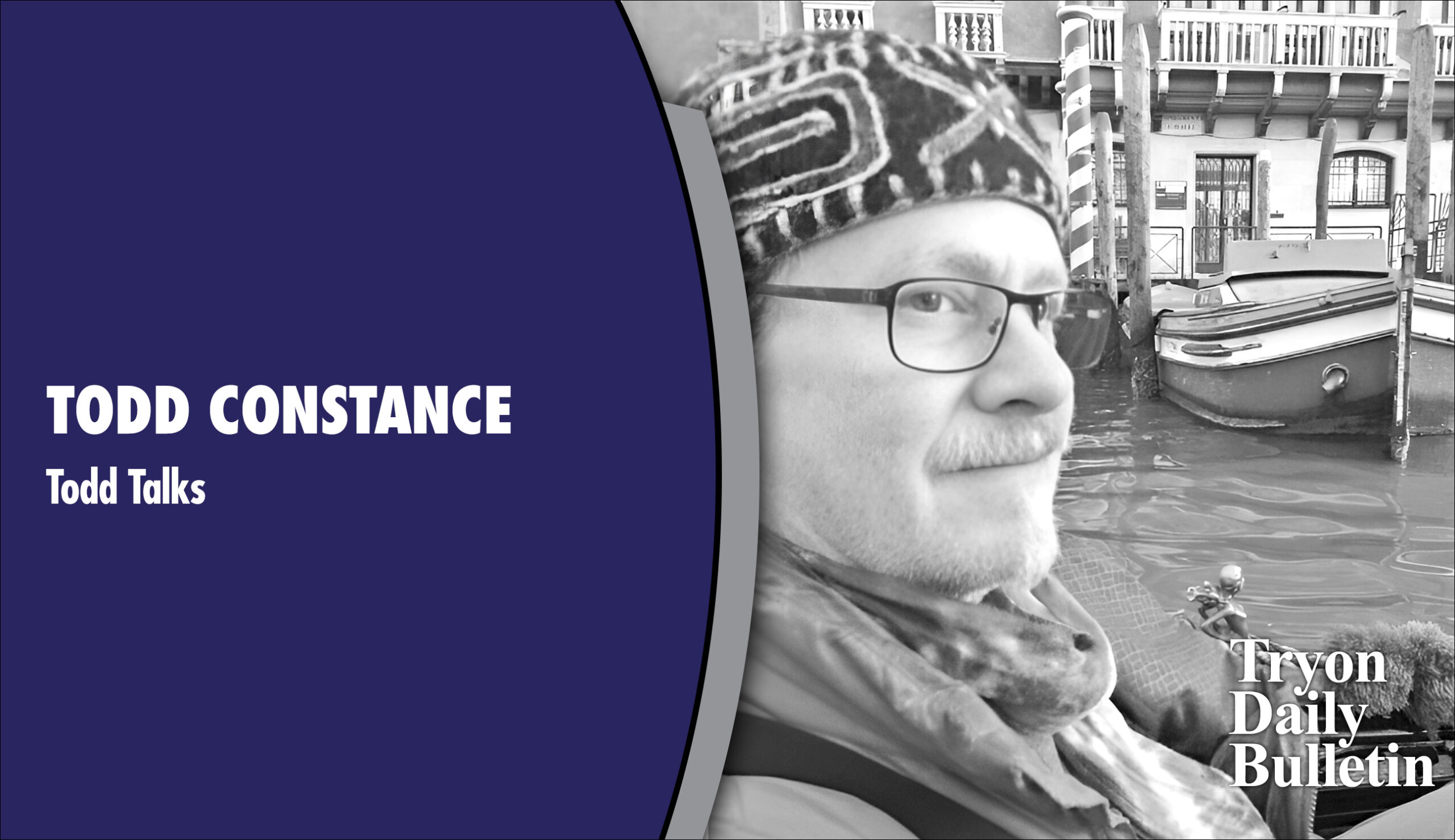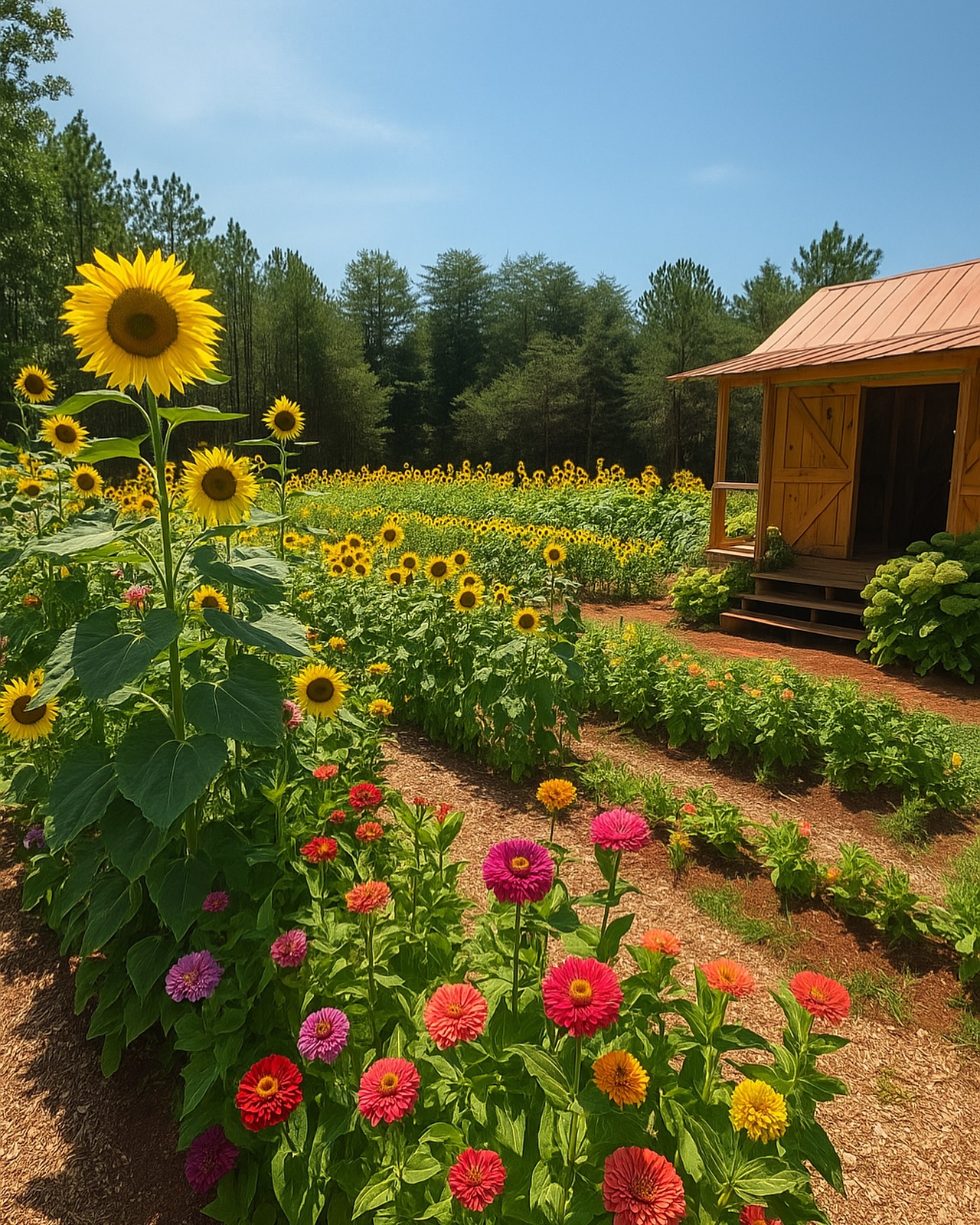This Sweet Land of Liberty
Published 3:20 pm Tuesday, May 2, 2017
America has a great many self-declared Constitutionalists and flag-waving, facsimile Founders who seem to know exactly what our beloved “country ‘tis of thee” should look like. No one even bothers with the Declaration of Independence anymore. Thus, which part of the Bill of Rights is considered most important, the First or Second Amendment, toting a gun or professionally protesting everything? Since none of the Founding Fathers were gay, their flag-making wives certainly not even in their suspiciously all-female sewing circles, and everyone such pious, good attendant Christians at that, then “our country ‘tis of thee” should emulate them.
Then, too, the Founders didn’t want just anyone to vote, assuredly not pushy women like Abigail Adams, or blacks, aka slaves, and Spaniards not yet illegal Mexicans. Moreover, since men so generously have allowed such “rights,” all should be content with their status, even acknowledging with gratitude that old white men should make a lot of painful “choices” for them like going to war and electing Presidents. Free speech? Works just fine as long as it’s not at Berkeley, you own a Foxy media conglomerate, and what you say matches my view of the world.
With the inauguration of Donald Trump as President, this “sweet land of liberty” has become something our Founders never envisioned, and, no, it’s not his fault. It’s ours. Whatever we want this nation to be has been “trumped” by party identity and partisanship, the very evils our Founders warned us of in their writings and constitutional philosophies we blithely ignore. From Washington to Jefferson, they wanted none of party and partisanship nor should we. James Madison, the father of the Constitution, thought the intrusion of parties into politics the greatest danger this new nation would face. Supreme Court justices would become “party hacks in black robes,” Congress nothing but a gaggle of talking, warring factions, the Presidency increasingly tyrannical while vast bureaucracies would be filled with placemen chosen not because of their merit but loyalty.
Trending
Yet today that polarization has now worsened, trickling down into our personal lives and local government. All of us walk around with either an R, D, or I for “indifferent” label seemingly stitched onto our forehead. So polarized and divided has this “sweet land” become that we segregate ourselves as much by R and D as by race, neighborhoods, friends, churches, schools, and, yes, even by relationships. A dating site for Trump supporters now promotes matches between like-minded singles while others advertise a preference for supposedly liberal “well-educated Ivy-leaguers.” During the 2016 election, research showed a surprisingly number of people simply ended friendships or quit following others on social media while couples separated or divorced because of their hatred of either Donald Trump or Hillary Clinton. Ridiculous.
Still, those of us who live here in the foothills don’t have to follow scripted, partisan, divisive agendas dictated by party organizations. We can reclaim this sweet land of liberty. A former west Georgia colleague, Newt Gingrich, once came up with a Contract for America that, although partisan, nonetheless can be adapted as a guideline to bypass party politics. In fact, much of what Jefferson, Madison, and Gingrich did derived from another social contract penned by John Locke, who, incidentally, also wrote North Carolina’s first awful one in 1669. Our Founders tore it up in 1776. Whether from Newt or Locke, that new covenant states that if our government fails to secure our natural rights and liberties, especially that of property, or satisfy the best interests of society, then we can withdraw our obligations to obey it and, in different ways, get rid of the bums. That should be in a preamble to the Constitution. Oops! It is.
Would this be messy? Threatening? Democratic? Revolutionary? Require more of us as citizens? Of course, but our Founders went through the same process as did North Carolina in the 1770s, “regulating” their local affairs through committees, correspondence, by town hall meetings, and by extra-legal conventions chaired not by someone labeled D or R but A for American. We should be as passionate and as partisan as our Founders about politics but not extra-constitutional, adulterated political parties.
– Milton Ready
Tryon, N.C.





